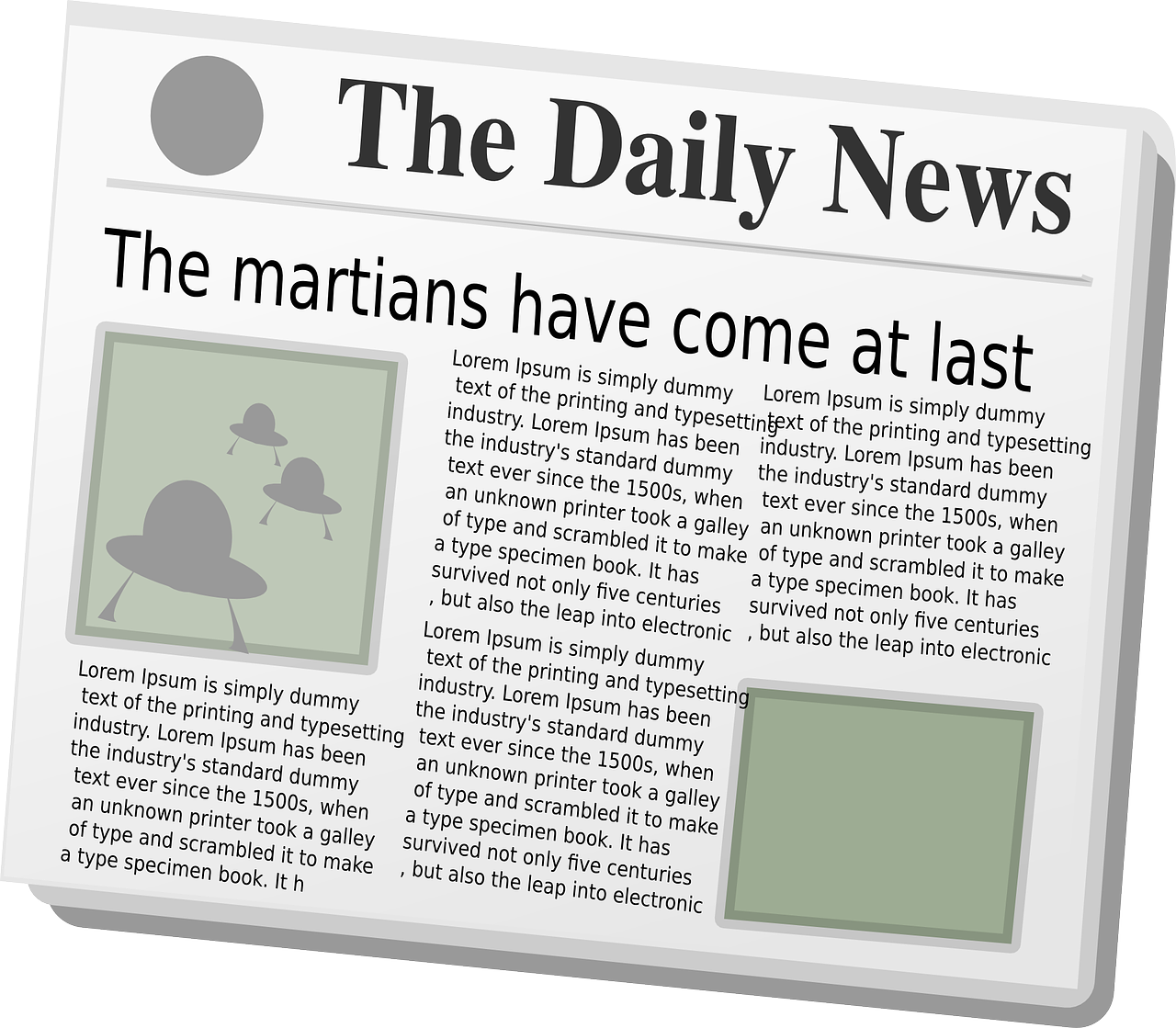Introduction: Arizona has recently enacted one of the most restrictive abortion laws in the United States, effectively banning the procedure in nearly all cases. The controversial legislation has ignited fierce debate and drawn national attention, raising questions about reproductive rights, healthcare access, and the legal landscape surrounding abortion. In this article, we delve into the details of Arizona’s new abortion law, its potential impact on women’s healthcare, and the broader implications for reproductive rights.
The Ban on Abortion: Arizona’s new abortion law, known as [insert name of the law], prohibits the termination of pregnancies after [specific gestational age or trimester], with limited exceptions for cases of medical emergency or severe fetal abnormalities. The law effectively bans abortion in the vast majority of circumstances, imposing criminal penalties on healthcare providers who perform the procedure after the specified cutoff point. Proponents of the law argue that it is necessary to protect the rights of unborn children and promote a culture of life, while opponents decry it as a draconian assault on women’s reproductive freedoms.
Legal and Constitutional Challenges: The legality of Arizona’s abortion ban is likely to face legal challenges from reproductive rights advocates and healthcare providers who argue that it violates established precedent protecting abortion rights. The Supreme Court’s landmark decision in Roe v. Wade established a woman’s constitutional right to choose abortion prior to viability, typically around 24 weeks gestation. Critics of Arizona’s law contend that it undermines the principles outlined in Roe and represents an unconstitutional infringement on women’s autonomy and bodily integrity.
Impact on Women’s Healthcare: The implementation of Arizona’s abortion ban is expected to have significant ramifications for women’s healthcare access and reproductive health outcomes. With abortion effectively outlawed in the state, many women may be forced to travel out of state or seek alternative, potentially unsafe methods to terminate unwanted pregnancies. The law could also exacerbate existing healthcare disparities, disproportionately impacting low-income women and communities of color who may face additional barriers to accessing abortion care.
Political and Social Ramifications: Arizona’s abortion ban has sparked fierce debate and divided opinion among lawmakers, activists, and the general public. Supporters of the law view it as a victory for the pro-life movement and a critical step towards protecting the sanctity of human life. Conversely, opponents argue that it represents a dangerous encroachment on women’s rights and reproductive healthcare access. The controversy surrounding Arizona’s abortion ban underscores the broader cultural and political divide over abortion in the United States and highlights the ongoing battle for reproductive justice.
Conclusion: Arizona’s new abortion law, which effectively bans the procedure in nearly all cases, represents a significant escalation in the national debate over reproductive rights and women’s healthcare. As legal challenges mount and political tensions simmer, the implications of the law extend far beyond the borders of Arizona, shaping the future of abortion access and reproductive justice in the United States. In the face of uncertainty and controversy, advocates on both sides of the issue continue to fight for their respective causes, underscoring the enduring significance of reproductive rights in American society.
